States of Matter – Solid, Liquid, Gas – Learning Activities
Are you working on chemistry this year? I thought I’d share some of the activities we did when we learned about the States of Matter. I also link to a number of other posts from our chemistry unit.
We’ve been having a blast with chemistry — well not literally, but sure have been learning a lot! Today we did most of the hands on activities suggested by the wonderful, wonderful (free!) resource on the States of Matter Teacher’s Guide by Molecularium.
We started out the lesson asking, what scientists do. ED surprised me with her eloquent answer. We went on to talk about how scientists observe and classify. Right on cue our cat came over and started antics with the water I had brought in for our activities. She drank the water (rather noisily) then stuck her paw in, licked her paw, dashed it in again… “See,” I laughed, “we’re scientists observing the strange behavior of cats!!” We all laughed and then returned to the topic at hand.
States of Matter: To add an air of mystery to our day’s activities I hid the three bags and brought them out one at a time. For each bag I had the kids describe the shape, hardness, and weight. Then I asked them if each takes of space.
When we talked about the water, I had them describe the shape and they pretty quickly pointed out that the shape changes depending on what is holding the water.
I asked the kids, “Does air take up space?” “No!” They all agreed. “Ahh… so let’s test that theory,” I said. I brought out a ziploc bag with a straw protruding from it that I had sealed with duct tape. I set it on the table and set a heavy book on it. “Let’s see if gas takes up space.” We talked briefly about what is in air (the gases nitrogen, oxygen, carbon dioxide) and then the kids took turns blowing into the bag — raising the books and showing that gas (air) really does take up space even if it is invisible!
We did another activity to show that air takes up space. We crumpled up paper (or a kleenex) and pushed it into the end of a test tube. Then the kids held the test tubes upright and pushed them straight down into the water. They discovered that the paper (tissue) didn’t get wet. “Oh I get it,” LD said, “the air protected it and kept the water away.”
We also spent quite a bit of time waving our hands in the air and noticing the air rushing over our arms.
We then talked about how atoms move differently in solids, liquids and gases. I had the kids gather their test tubes and pulled out a tin of marbles. I asked the kids to put as many marbles into a test tube as they could. They then put the lids on and observed. They noticed how the marbles made a pattern and didn’t move very much. This is similar to the atoms in a solid — packed tight together and impenetrable. Next they put six marbles into another test tube. I asked them to look at how the marbles could move around a bit. “Does it look like they’re flowing around the container?” I asked. This is like the atoms in a liquid. Finally, they put just three marbles in the last test tube and I challenged them to move the marbles as far away from one another as they could. This final test tube was like air.
We looked at the pictures provided in the States of Matter teacher’s guide by Molecularium:
 We then started on our States of Matter foldable. We are keeping a science notebook this year and created this booklet to show and explain the differences between solids, liquids and gases: I let the kids copy the information but we had spent a long time discussing these earlier:
We then started on our States of Matter foldable. We are keeping a science notebook this year and created this booklet to show and explain the differences between solids, liquids and gases: I let the kids copy the information but we had spent a long time discussing these earlier:
Foldables are really easy to create. If you want to learn more this Reading and Study Skills pdf about Foldables by Dinah Zike is terrific and will give you lots of ideas. Here’s another great resource for making and using foldables in mathematics (though you can use these for any subject). Finally here’s one more quick resource, “How to Fold Foldables.” Finally, homeschool share has a wonderful page of lapbook templates (another name for foldables) if you want to print things out.
As for our foldable, I folded the kids’ paper into three. Then I drew two straight lines and cut the flaps on the outsides.
This kind of work really appeals to DD. LD will do it, but isn’t as thrilled.
ED participated in most of the activities above except for the writing. She went off to do her own thing. A little later in the day I asked if she wanted to do some science sorting cards. She and DD both took turns sorting out the solid, liquid and gas cards that I’ve had for some time. I’m grateful to Leanne over at Montessori Tidbits for these free Montessori cards on the three states of matter.
The best thing about all this is that ED and I had quite a long conversation about the different states of matter at bed time. We talked again for quite a while about different liquids like maple syrup and oil.
Three States of Matter – Changing States of Matter Packet
$5.99
 Be sure to check your PayPal email address for the download link!
Be sure to check your PayPal email address for the download link!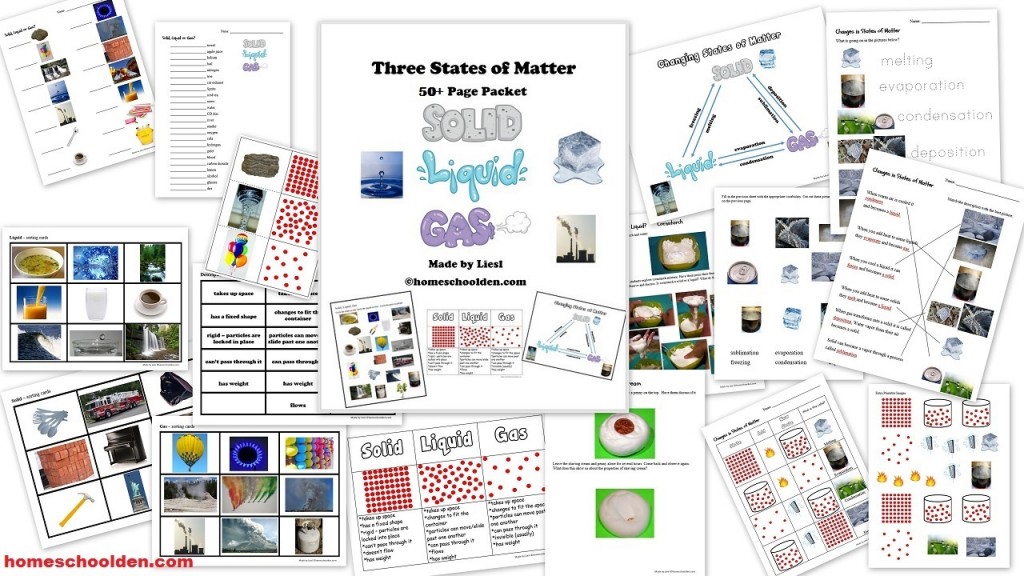

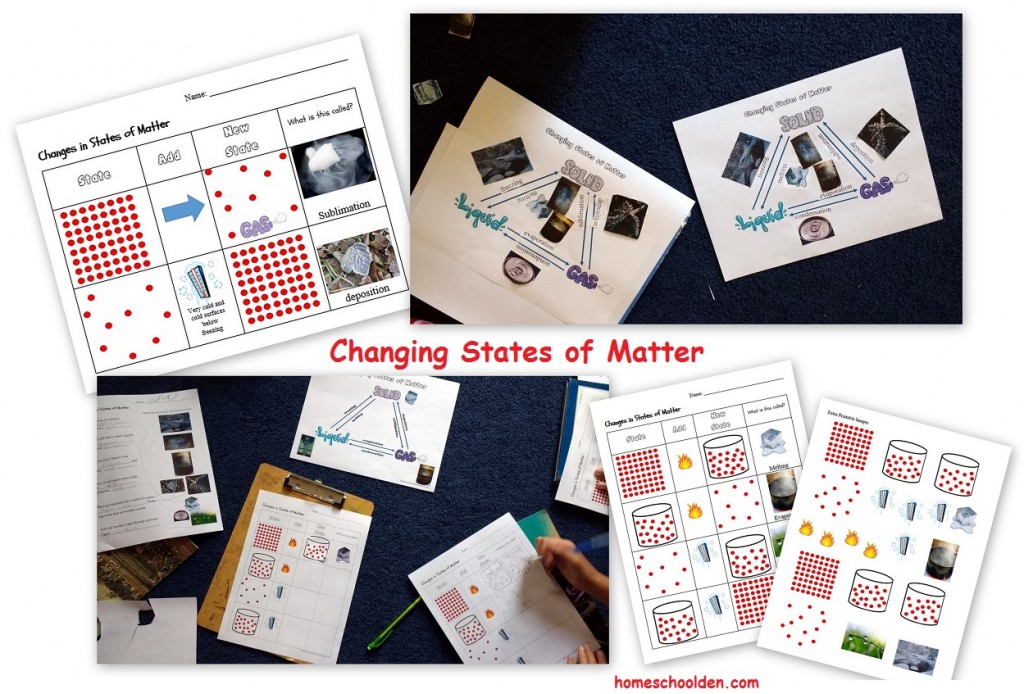
Chemistry BUNDLE purchase these 6 units together
- Introduction to Chemistry – Size of Atoms Mini-Unit
- States of Matter Packet
- Properties of Matter Packet
- Electricity & Circuits Packet
- Chemistry Packet
- pH Scale – Acids and Bases Worksheet Packet
Chemistry BUNDLE of 6
$27.99
![]()
 See the Chemistry Page for more details and lot more pictures of each packet.
See the Chemistry Page for more details and lot more pictures of each packet.
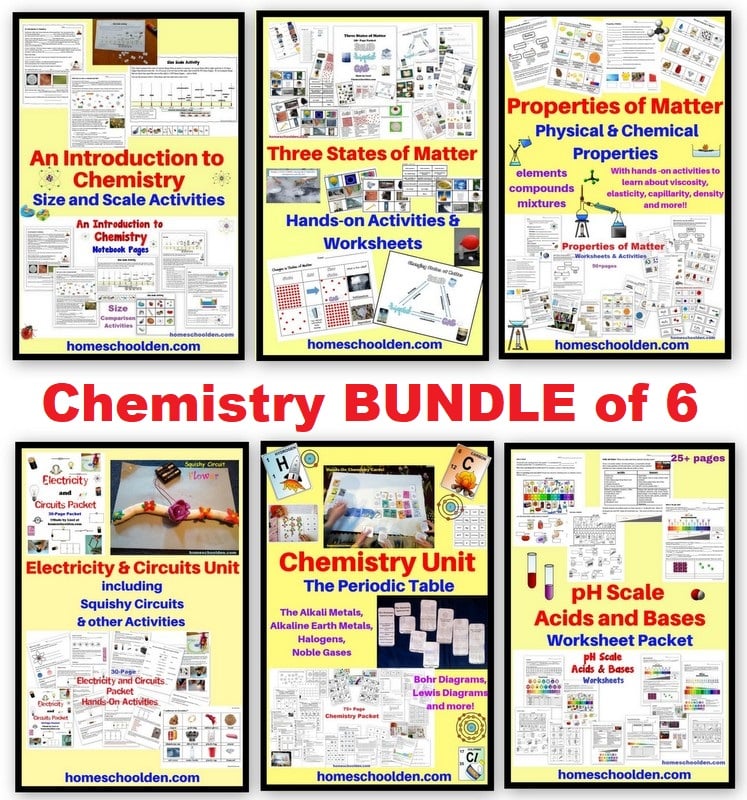 You can also purchase these packets separately. See the Chemistry Page for more details.
You can also purchase these packets separately. See the Chemistry Page for more details.
![]() $2.99 Introduction to Chemistry – Size of Atoms Mini-Unit
$2.99 Introduction to Chemistry – Size of Atoms Mini-Unit
![]() $5.99 States of Matter Packet (50+pages)
$5.99 States of Matter Packet (50+pages)
![]() $7.99 Properties of Matter Packet (now close to 100 pages)
$7.99 Properties of Matter Packet (now close to 100 pages)
![]() $6.99 Electricity & Circuits Packet (30+pages)
$6.99 Electricity & Circuits Packet (30+pages)
![]() $8.99 Chemistry Packet – An introduction to the Periodic Table (150 pages) – Learn how the periodic table is organized and find out more about the different groups of the periodic table (Alkali metals, alkaline earth metals, halogens). Learn what valence electrons are and do some fun activities to create Lewis structures. Learn about the first twenty elements as well as elements with unusual names. Plus, learn about electron configuration and more! (We did this primarily in middle school, but did electron configuration in high school again.)
$8.99 Chemistry Packet – An introduction to the Periodic Table (150 pages) – Learn how the periodic table is organized and find out more about the different groups of the periodic table (Alkali metals, alkaline earth metals, halogens). Learn what valence electrons are and do some fun activities to create Lewis structures. Learn about the first twenty elements as well as elements with unusual names. Plus, learn about electron configuration and more! (We did this primarily in middle school, but did electron configuration in high school again.)
![]() $2.99 pH Scale – Acids and Bases Worksheet Packet (25 pages) – Includes material for younger students (elementary/middle school) and older (high school) students.
$2.99 pH Scale – Acids and Bases Worksheet Packet (25 pages) – Includes material for younger students (elementary/middle school) and older (high school) students.
![]() $7.99 Ions and Isotopes Chemistry Unit (125 pages) This unit is an introduction to ions (which have fewer or more electrons) and isotopes (which have fewer or more isotopes). This unit should be done after students have completed the Chemistry Unit. (middle school/high school)
$7.99 Ions and Isotopes Chemistry Unit (125 pages) This unit is an introduction to ions (which have fewer or more electrons) and isotopes (which have fewer or more isotopes). This unit should be done after students have completed the Chemistry Unit. (middle school/high school)
![]() $9.99 COMING SOON Organic Chemistry Unit (100+ pages) Organic chemistry is the chemistry of carbon-containing molecules. In this unit, we study many of the organic compounds that include carbon and hydrogen (hydrocarbons), carbon-carbon molecules and more! This unit covers hydrocarbons, functional side groups and the four classes of macromolecules: carbohydrates, proteins, fats and nucleic acids. *high school level unit
$9.99 COMING SOON Organic Chemistry Unit (100+ pages) Organic chemistry is the chemistry of carbon-containing molecules. In this unit, we study many of the organic compounds that include carbon and hydrogen (hydrocarbons), carbon-carbon molecules and more! This unit covers hydrocarbons, functional side groups and the four classes of macromolecules: carbohydrates, proteins, fats and nucleic acids. *high school level unit
Click on the link to see more details about each of these units:
Introduction to Chemistry – Size of Atoms Mini-Unit
Chemistry Packet: The Periodic Table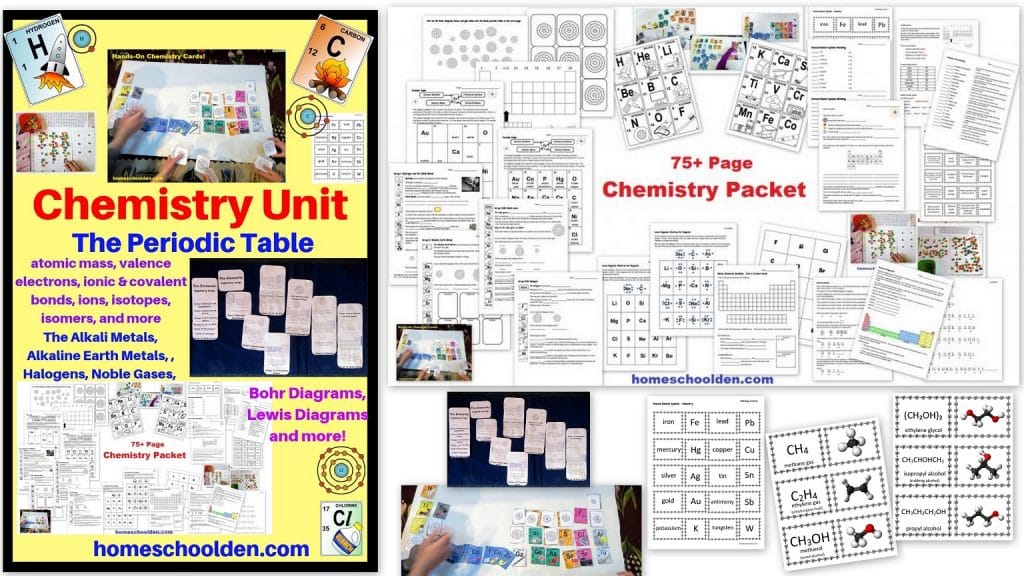
Chemistry Packet: Introduction to the Periodic Table
You may be interested in how we covered this topic when we came back around to it (as the kids got older):
- States of Matter: Solid, Liquid, Gas Learning Activities – this post has a ton of fun hands-on activities! I also shared a link to some free Montessori sorting cards I found there.
- Chemistry Experiments for Kids (Grade 2) – Matter is neither created nor destroyed, Acids and Bases Experiment
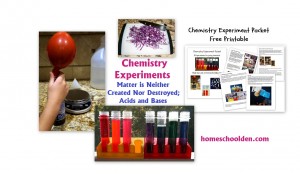 Chemistry Experiments for Kids (Grade 2) – Mixtures, Chromatography, DNA Kit
Chemistry Experiments for Kids (Grade 2) – Mixtures, Chromatography, DNA Kit
- Oil and Water Fireworks Activity
- Molecules to the Max Chemistry DVD – IMAX movie now available on DVD
You might also be interested in these posts from our chemistry unit:
- The Size of Atoms
- States of Matter: Solid, Liquid, Gas Activities
- Molecule Movement Activity – Chemistry Review Worksheet
- Chemistry Experiments for Kids (Grade 2) – Mixtures, Chromatography, DNA Kit (Free Packet of Experiments)
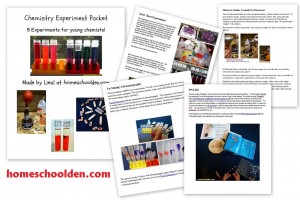 You might also like this post: 20 Science Activities for Early Elementary
You might also like this post: 20 Science Activities for Early Elementary
See you again soon here or Homeschool Den Facebook page. Don’t forget to Subscribe to our Homeschool Den Newsletter! ~Liesl

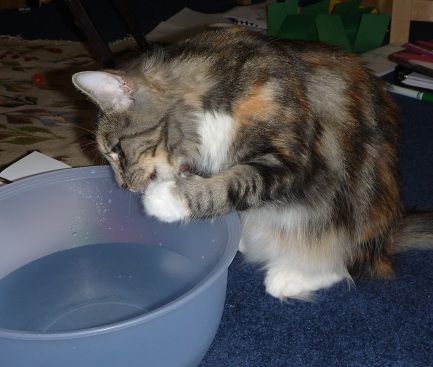
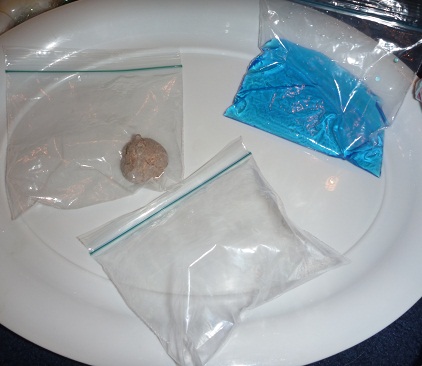
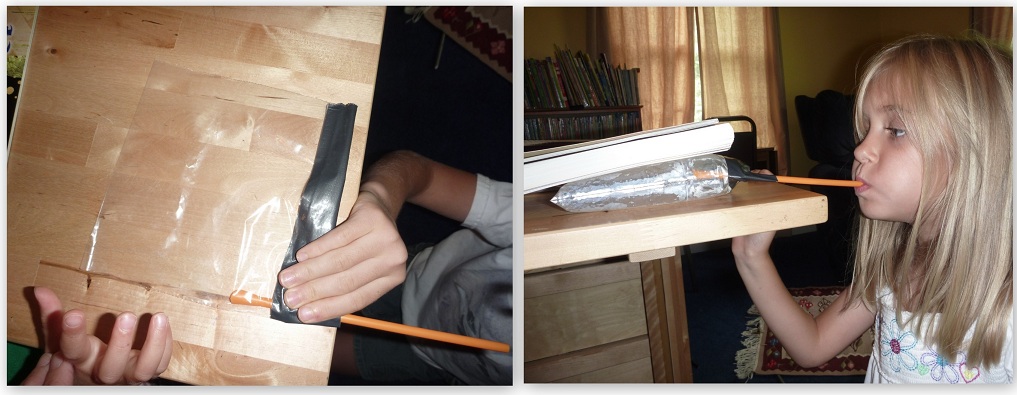
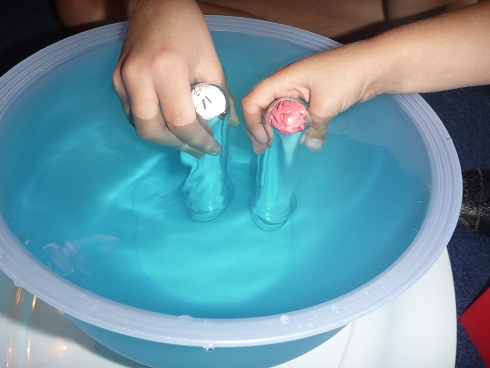

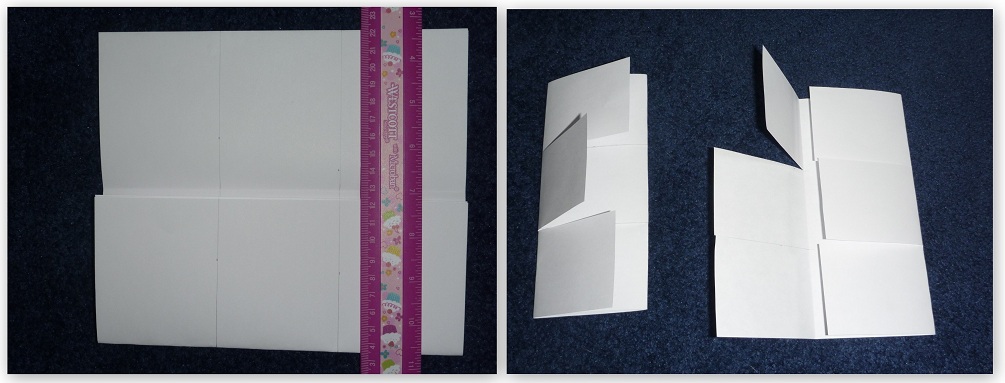
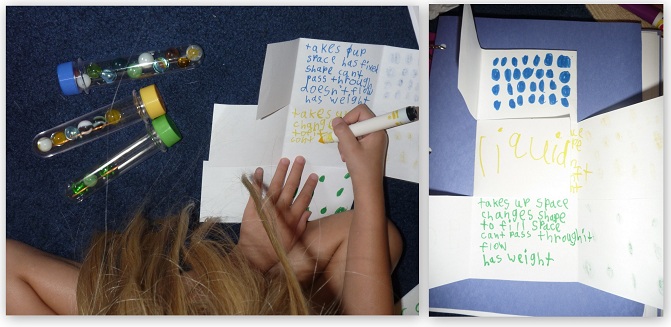
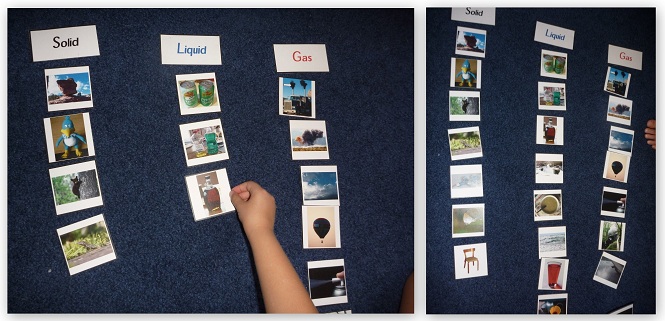

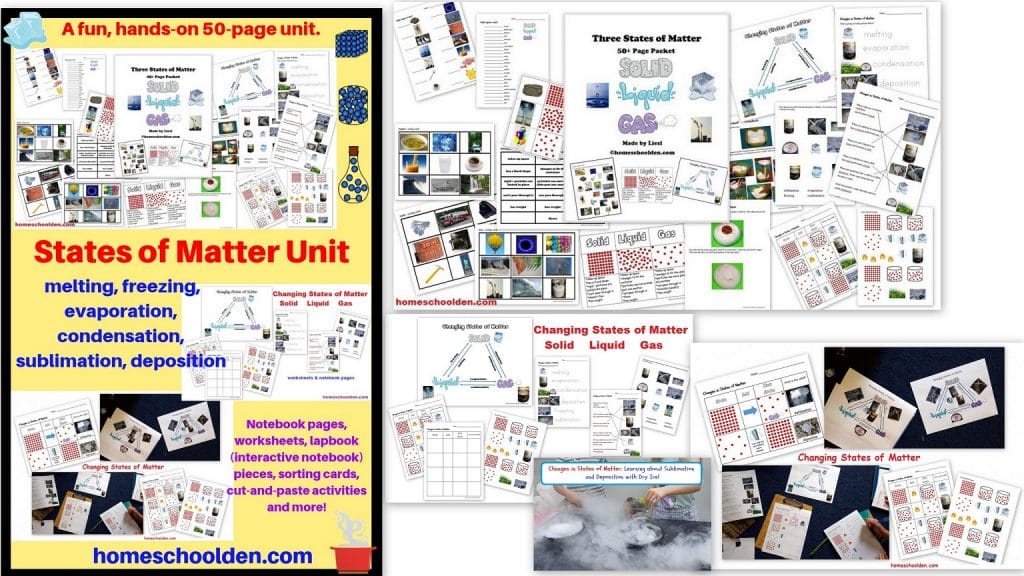
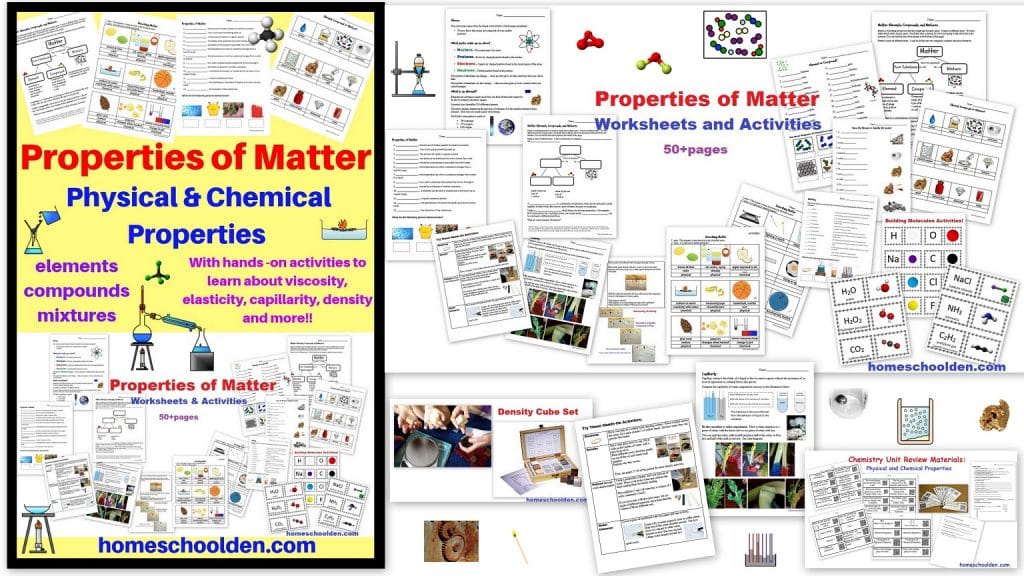
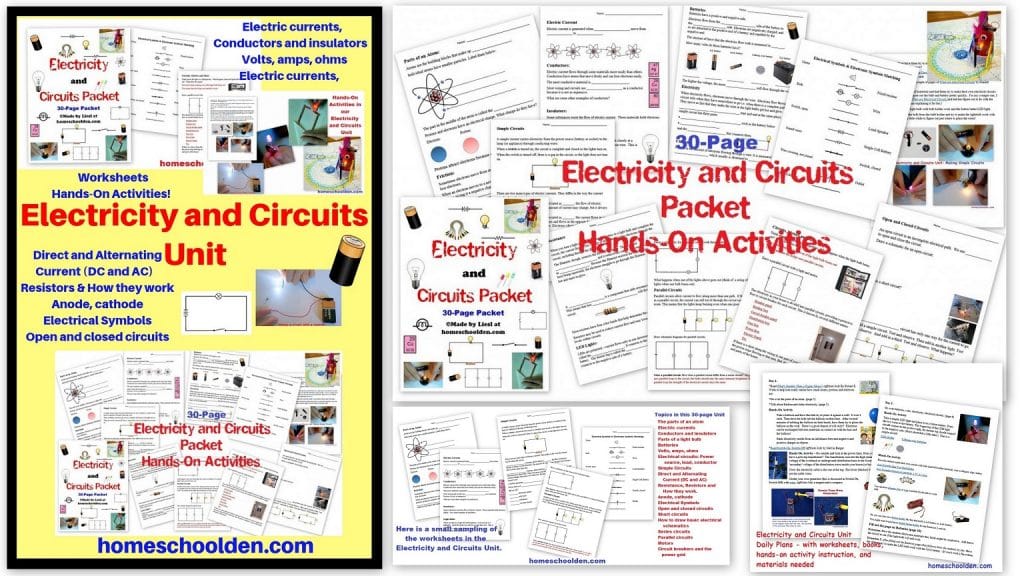
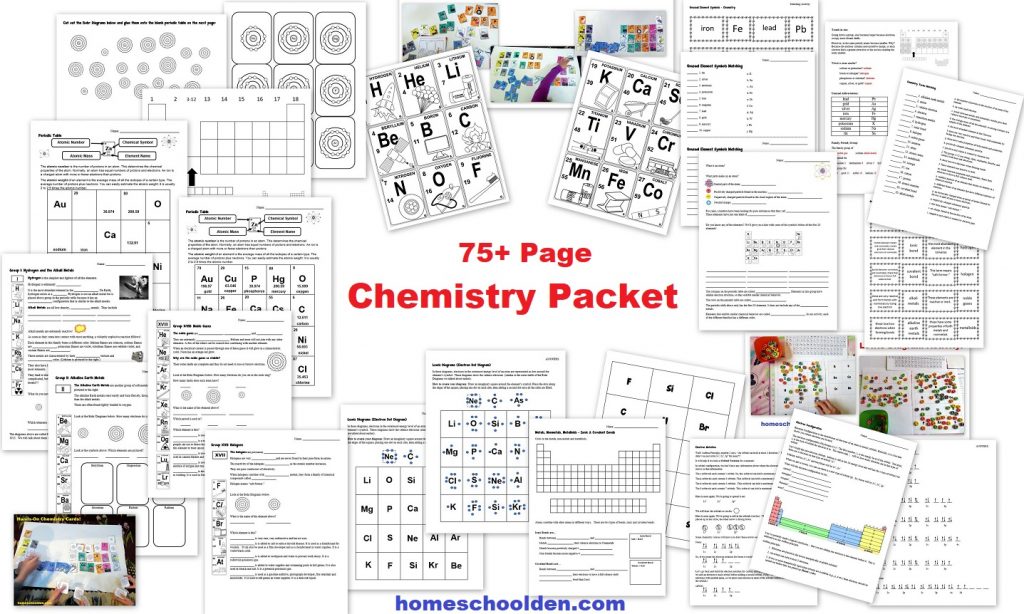

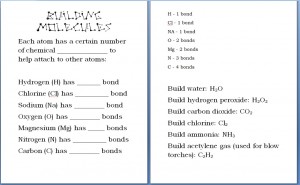
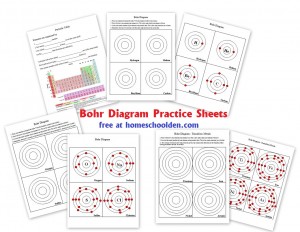
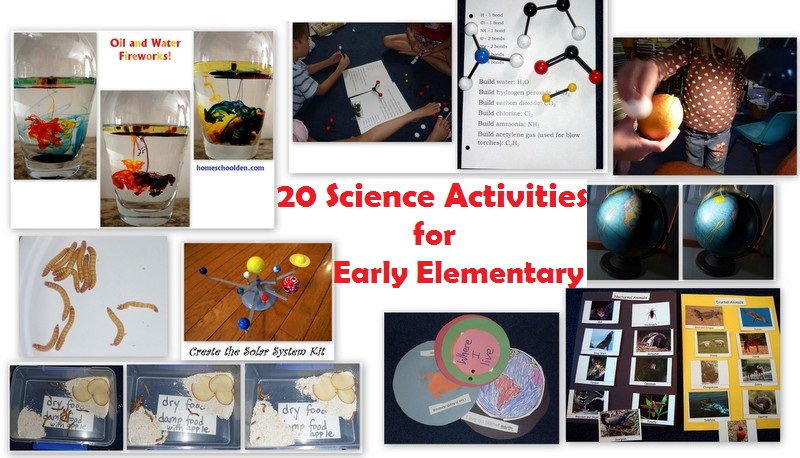
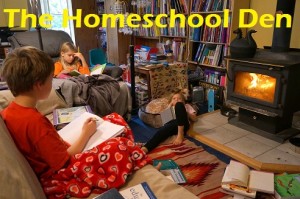
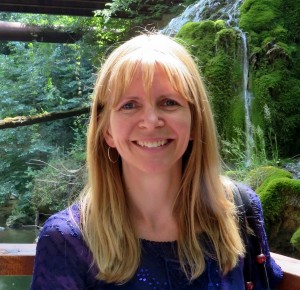
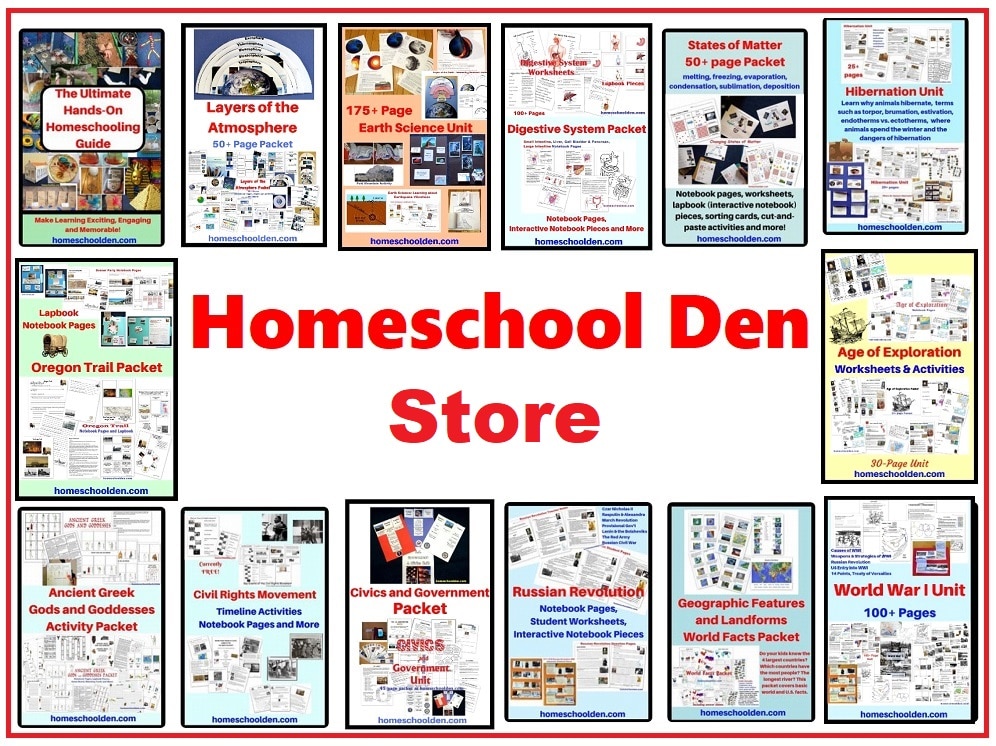
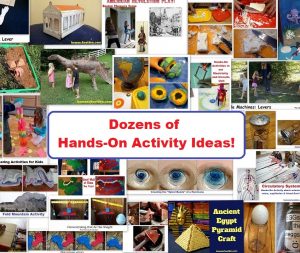



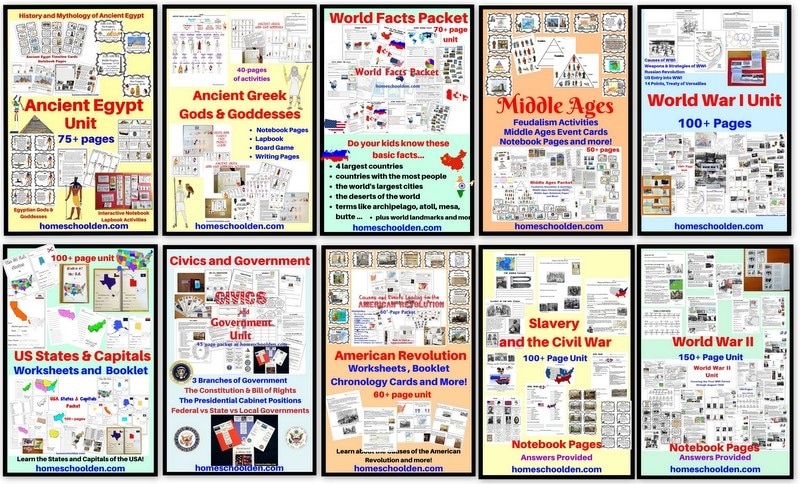
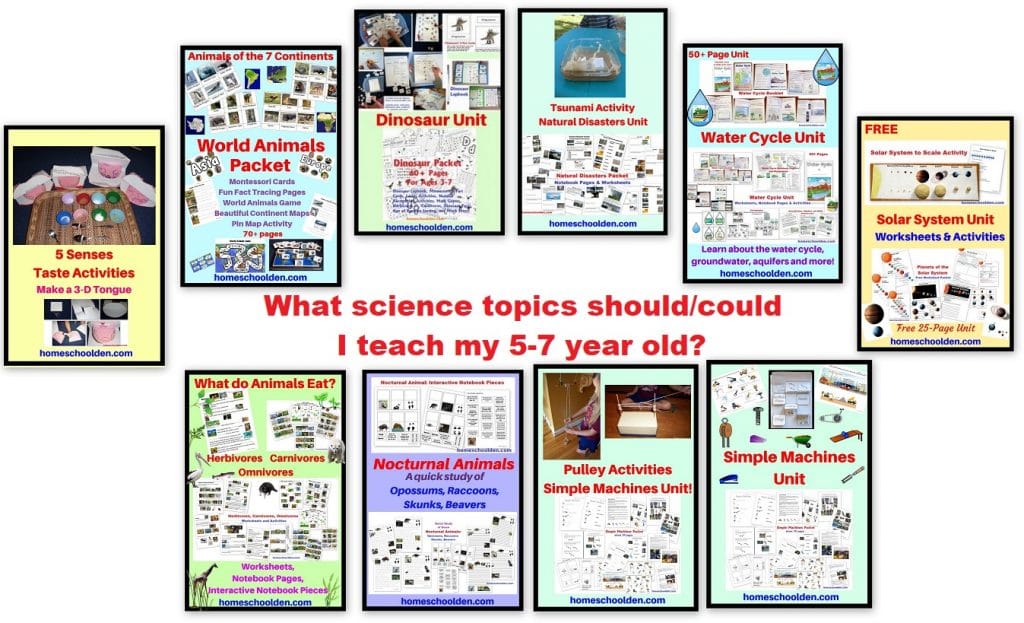

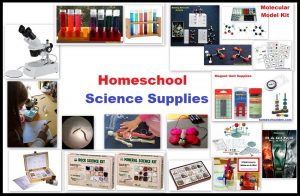
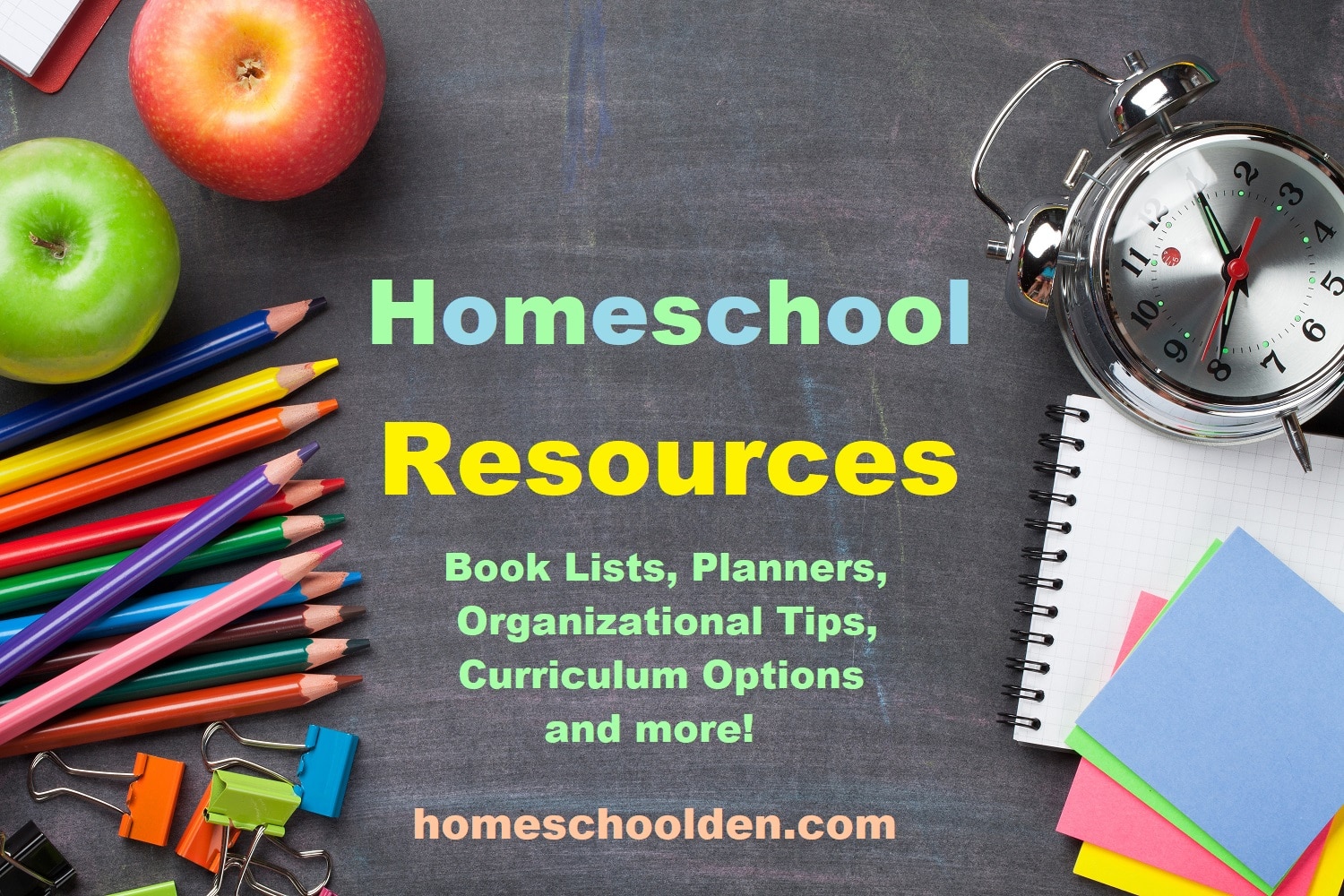
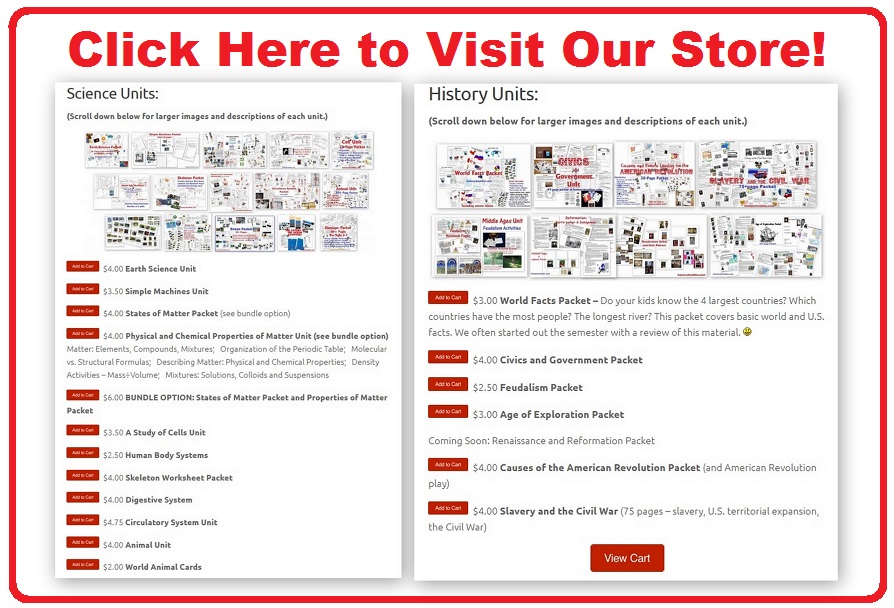

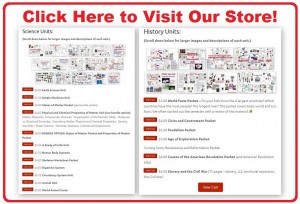
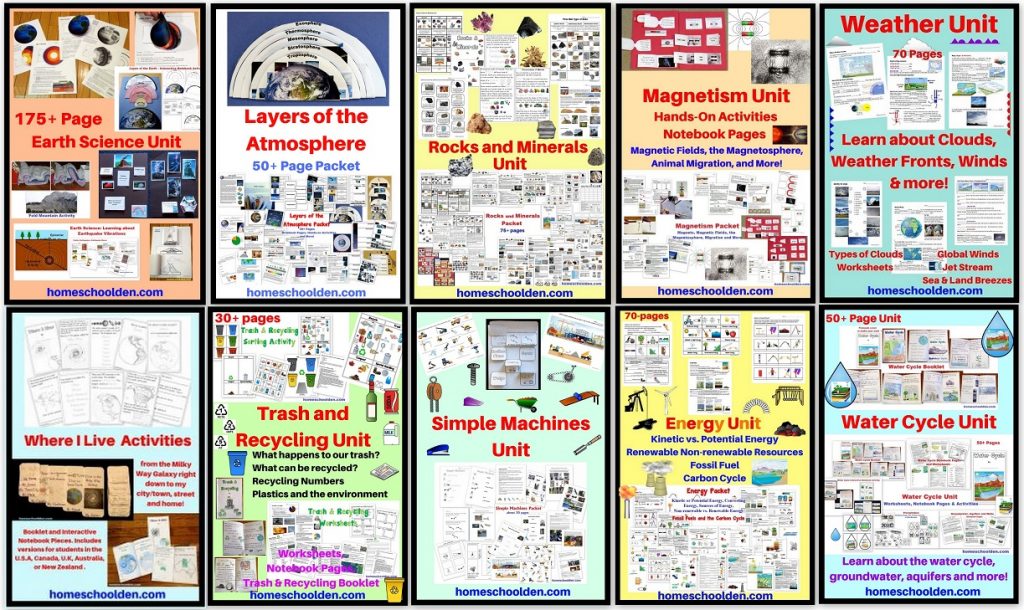
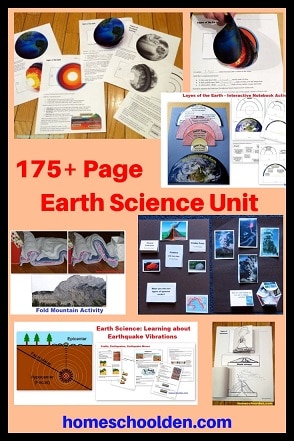
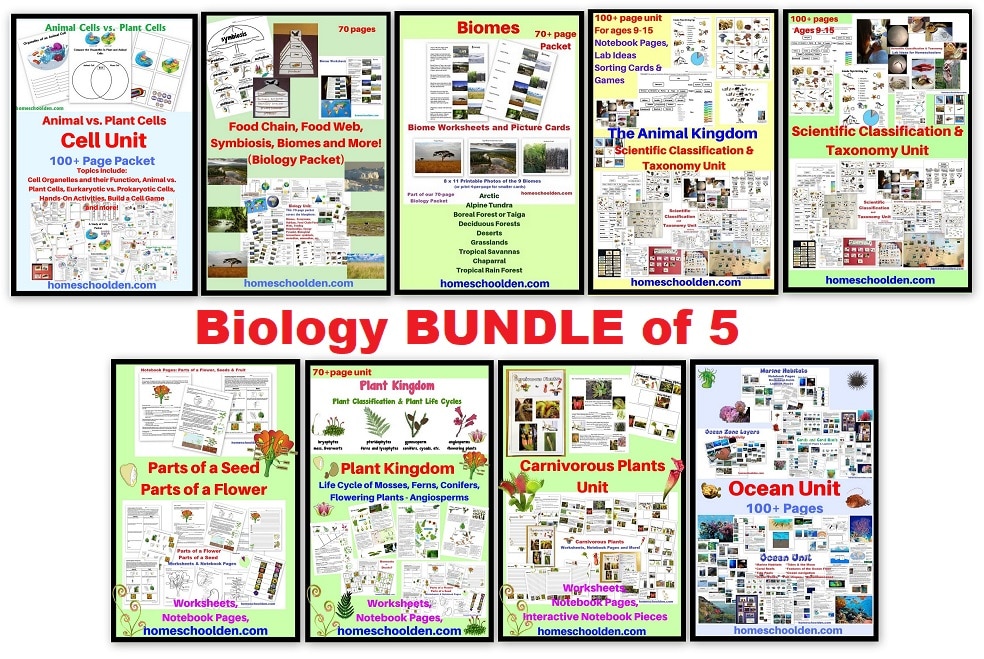
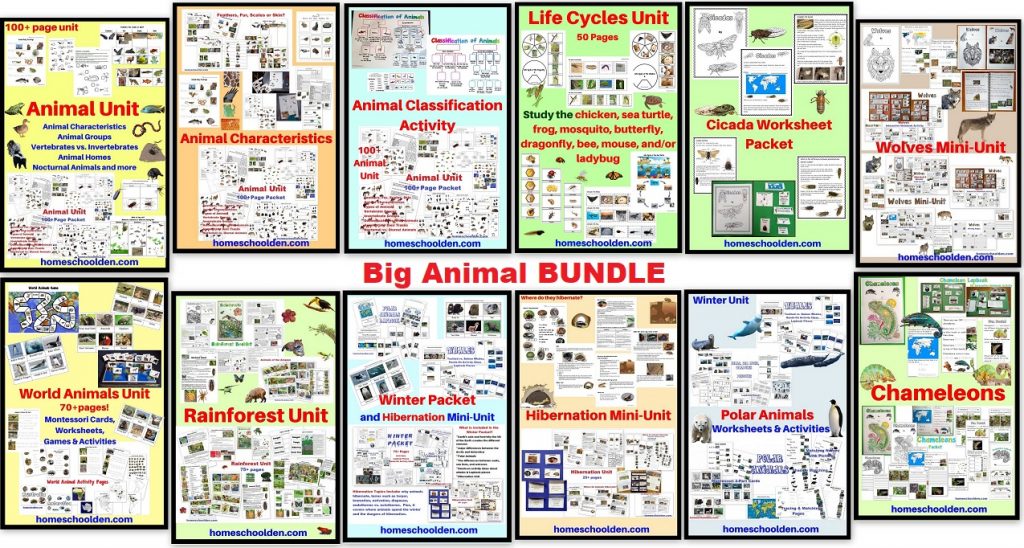
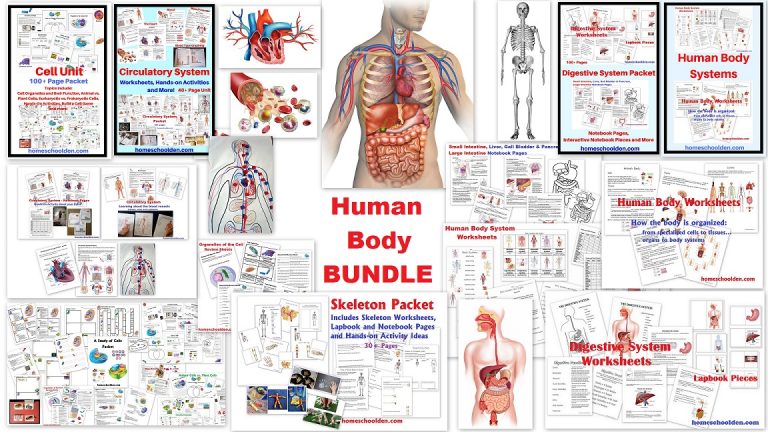
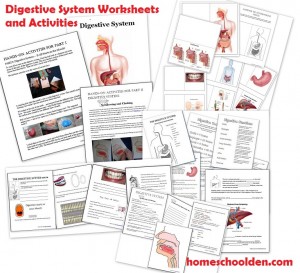


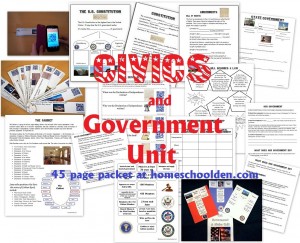
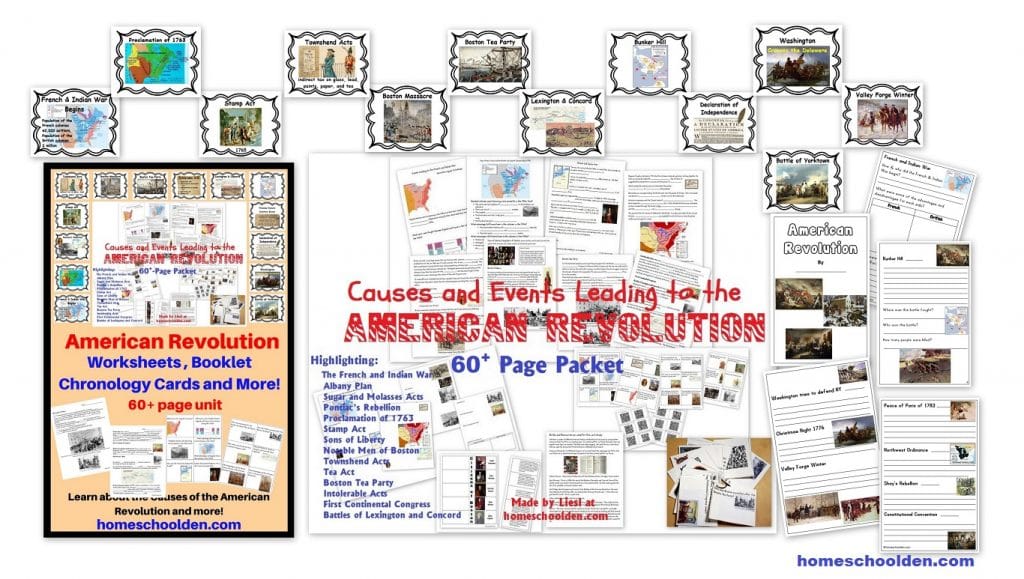
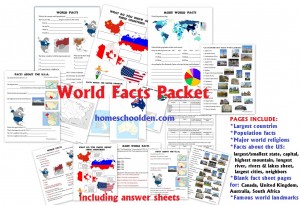
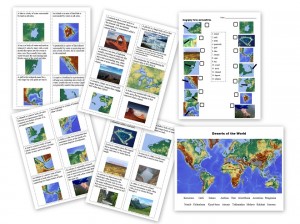
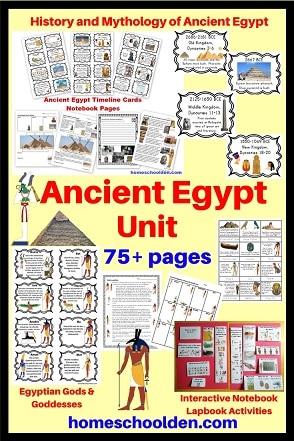
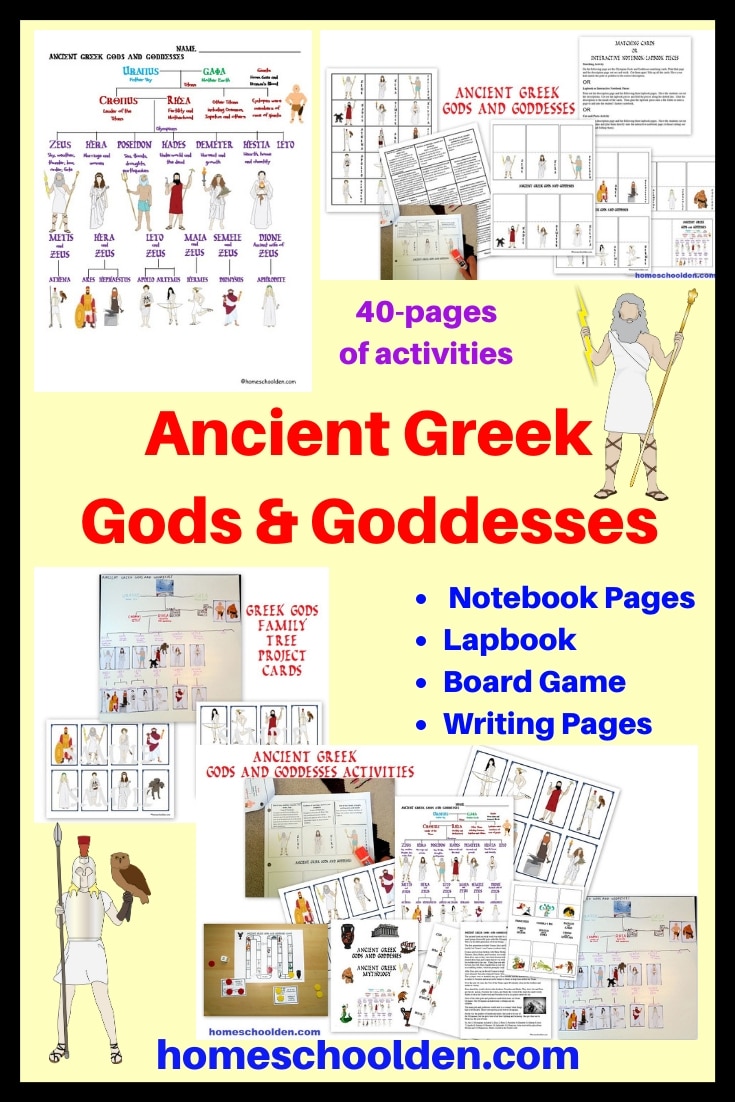


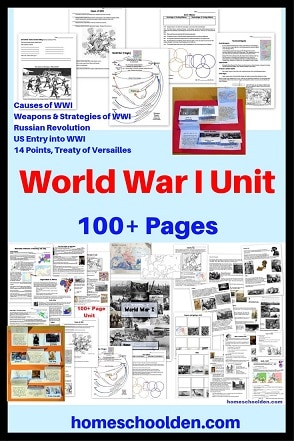
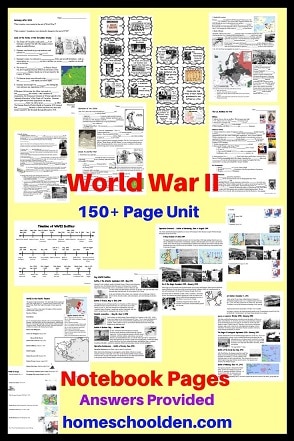
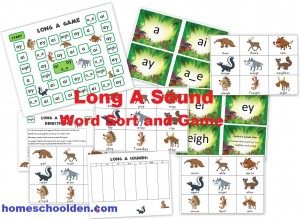
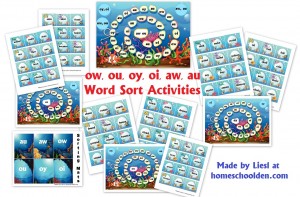
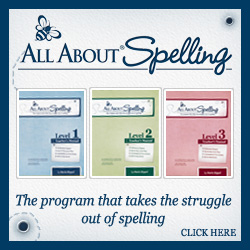
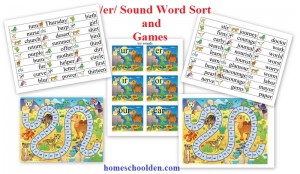
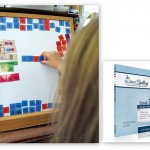
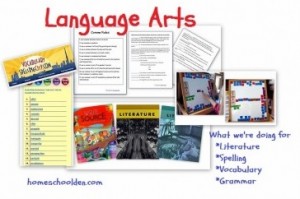
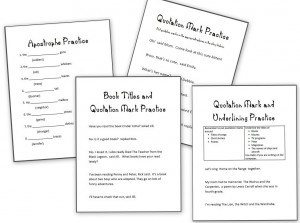

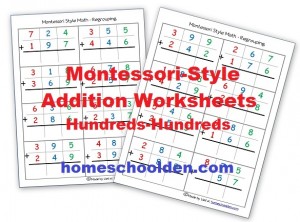
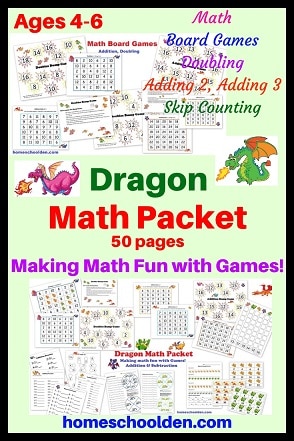
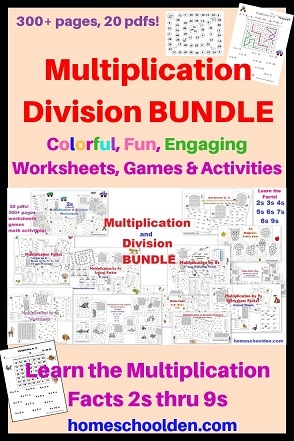
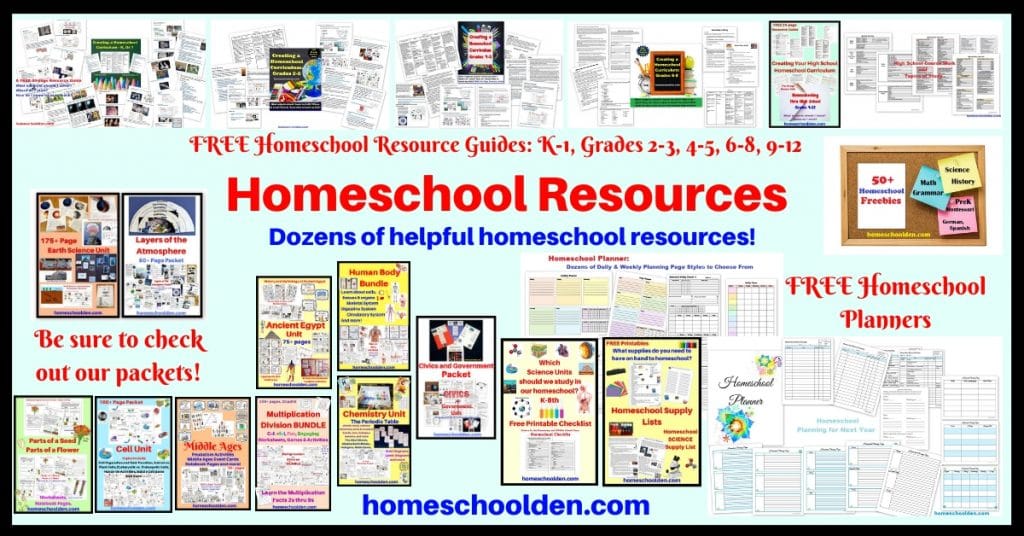
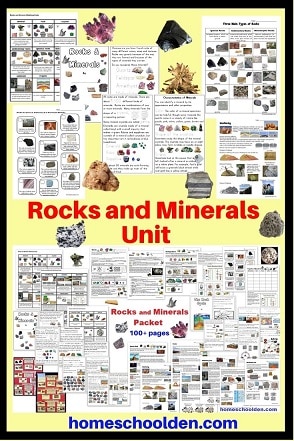
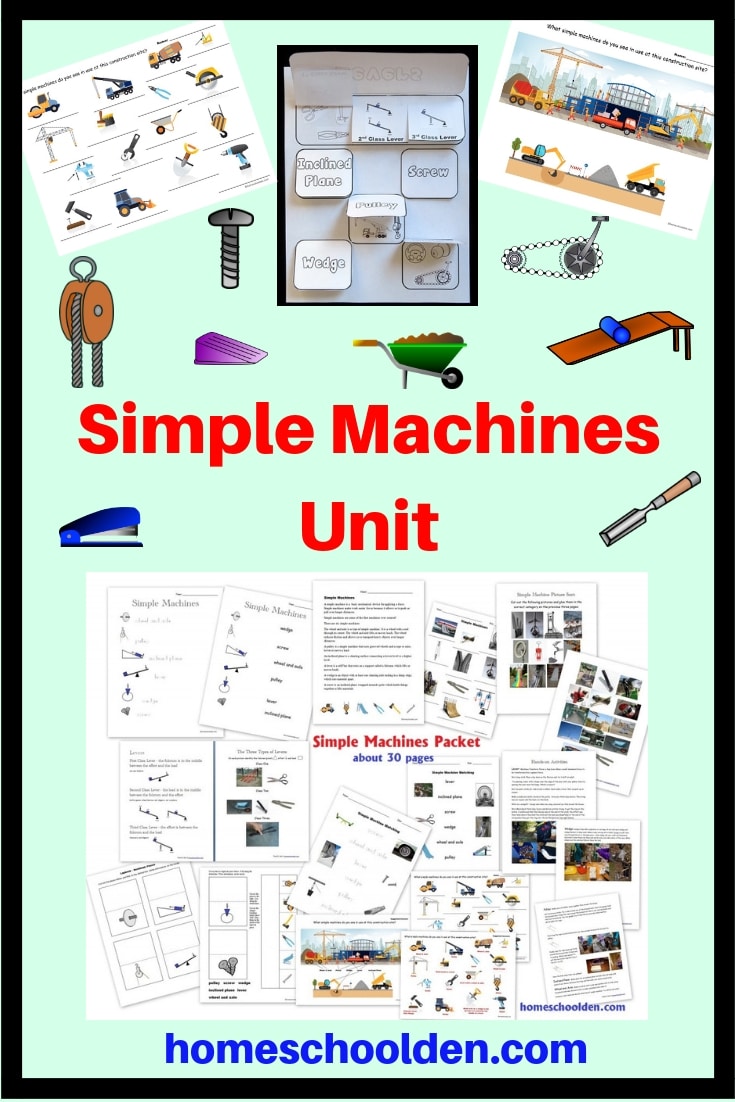
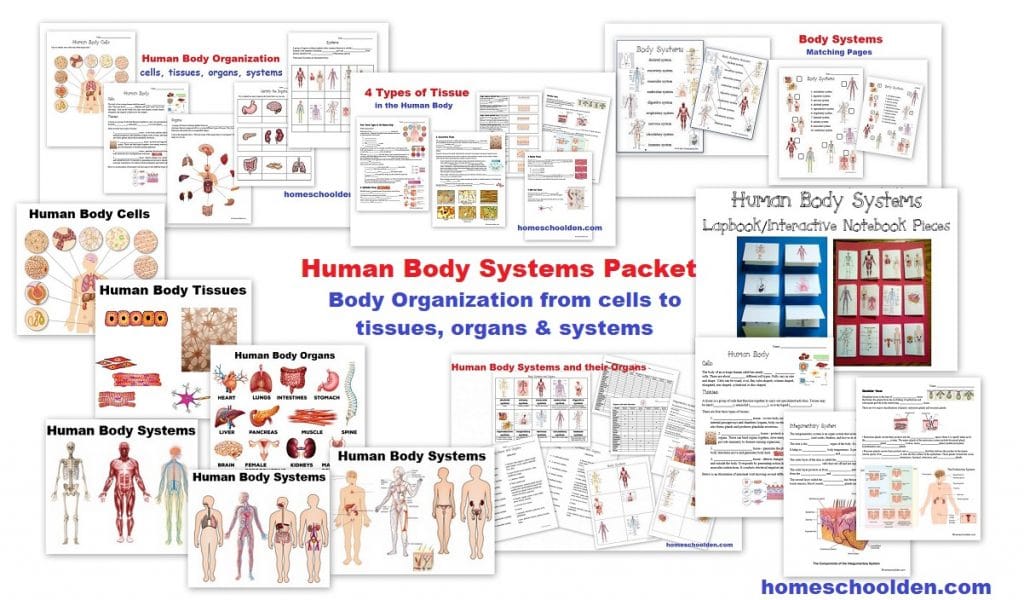
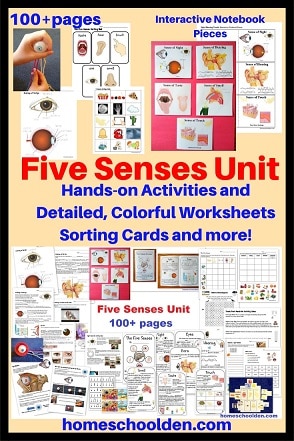
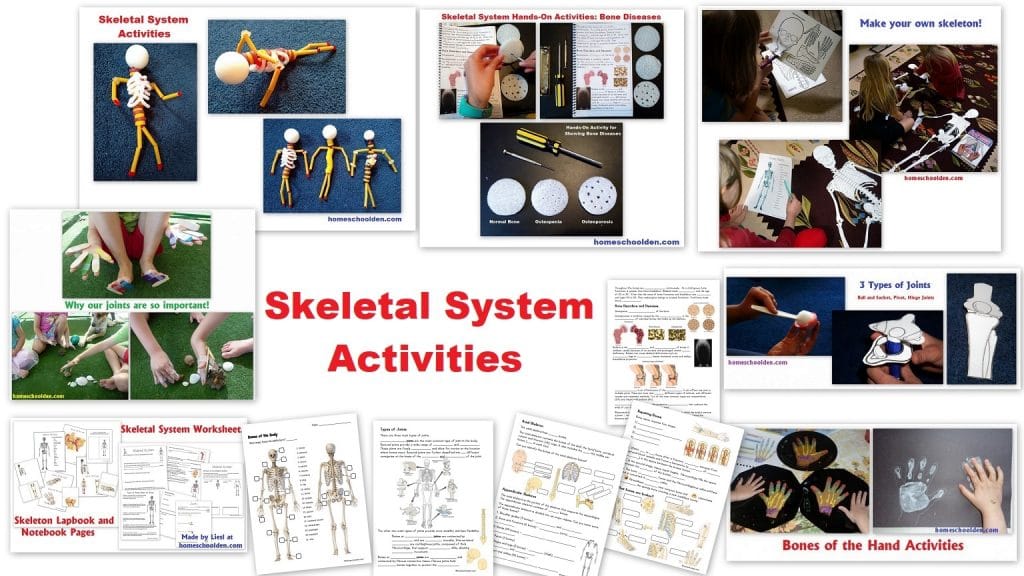
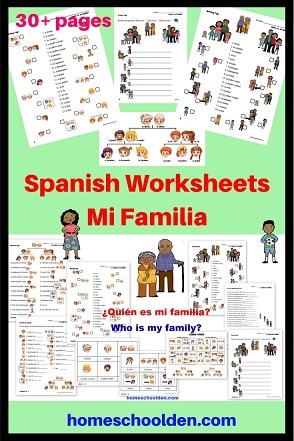
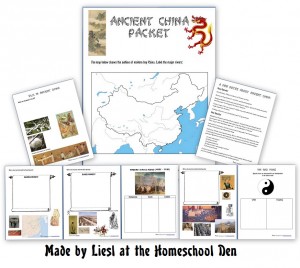
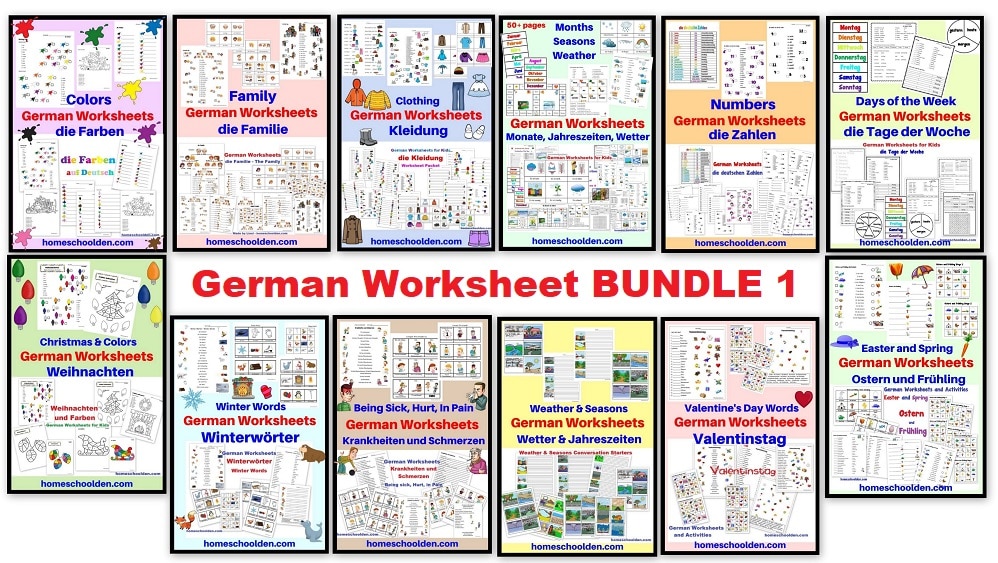
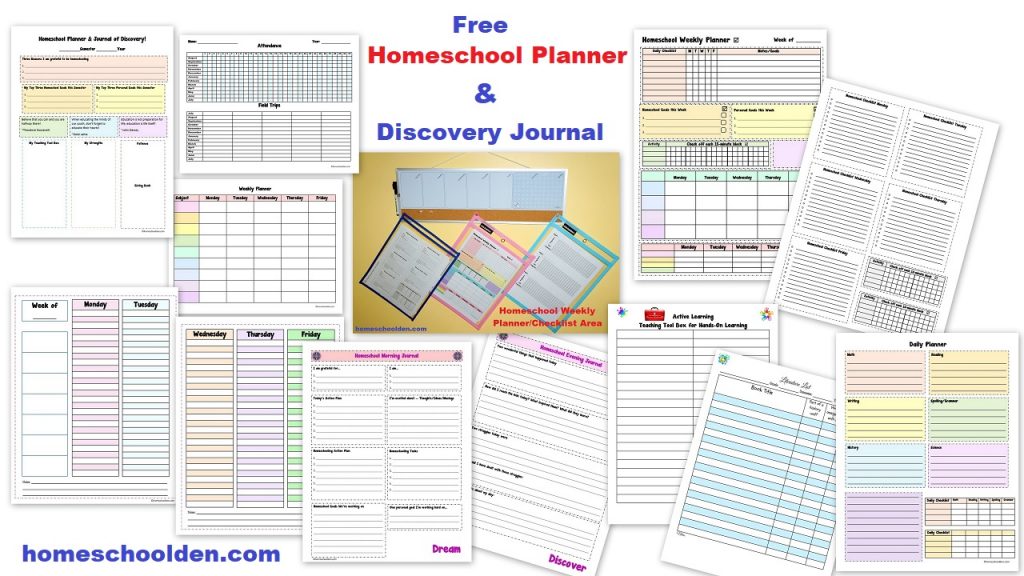
8 Responses
[…] No laboratory required: chemistry activities you can actually do at home with your kids. (Parents.com) […]
[…] No laboratory required: chemistry activities you can actually do at home with your kids. (Parents.com) […]
[…] States of Matter: Solid, Liquid, Gas Activities […]
[…] States of Matter: Solid, Liquid, Gas Activities […]
[…] States of Matter: Solid, Liquid, Gas Activities […]
[…] States of Matter: Solid, Liquid, Gas Activities […]
[…] States of Matter: Solid, Liquid, Gas Activities […]
[…] States of Matter: Solid, Liquid, Gas Activities […]